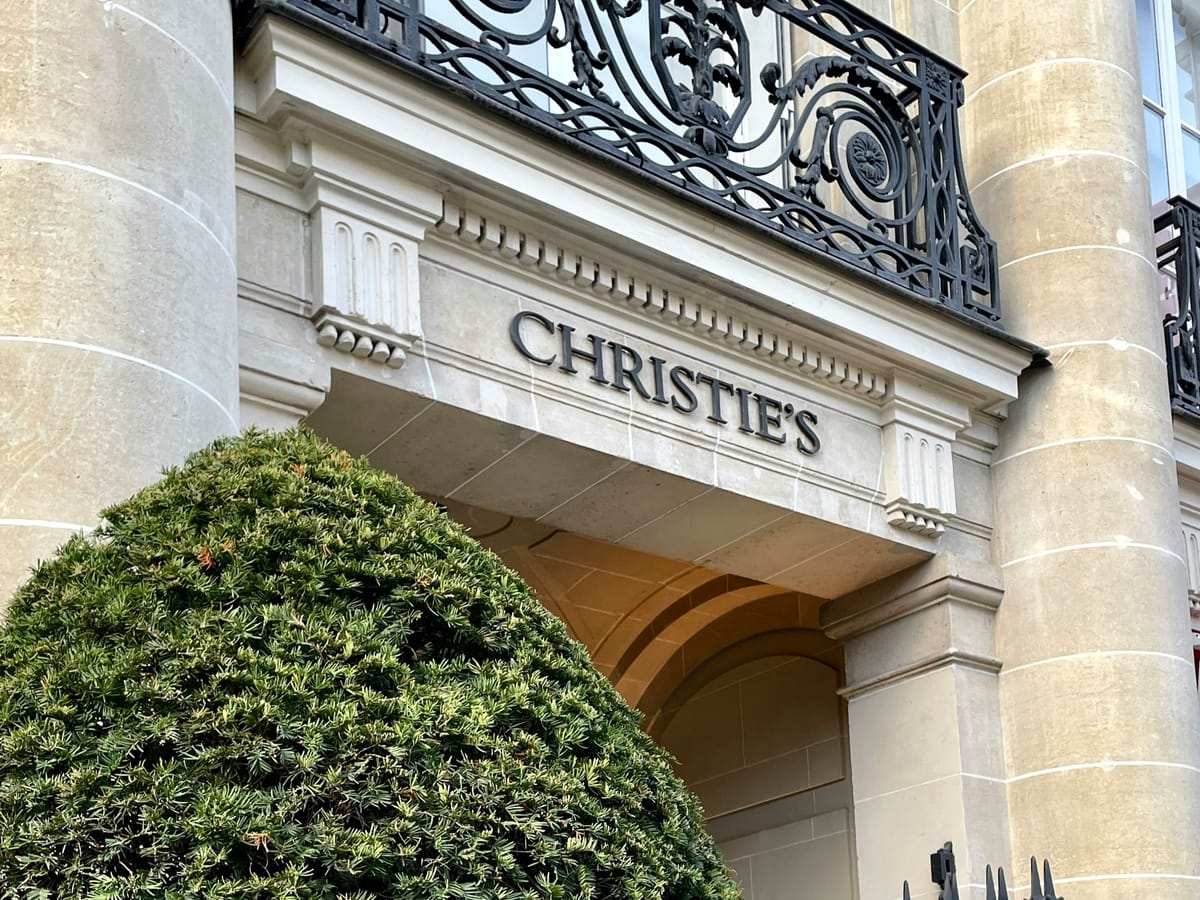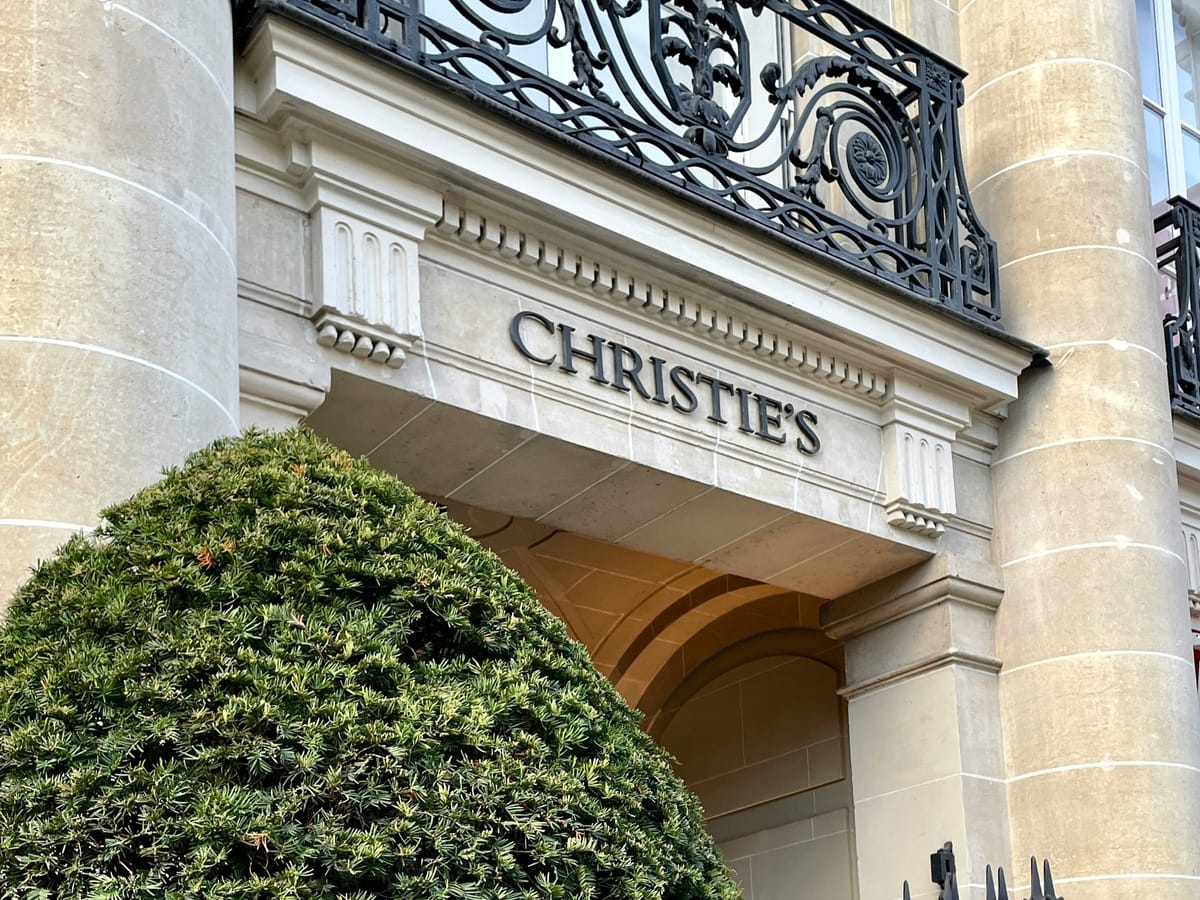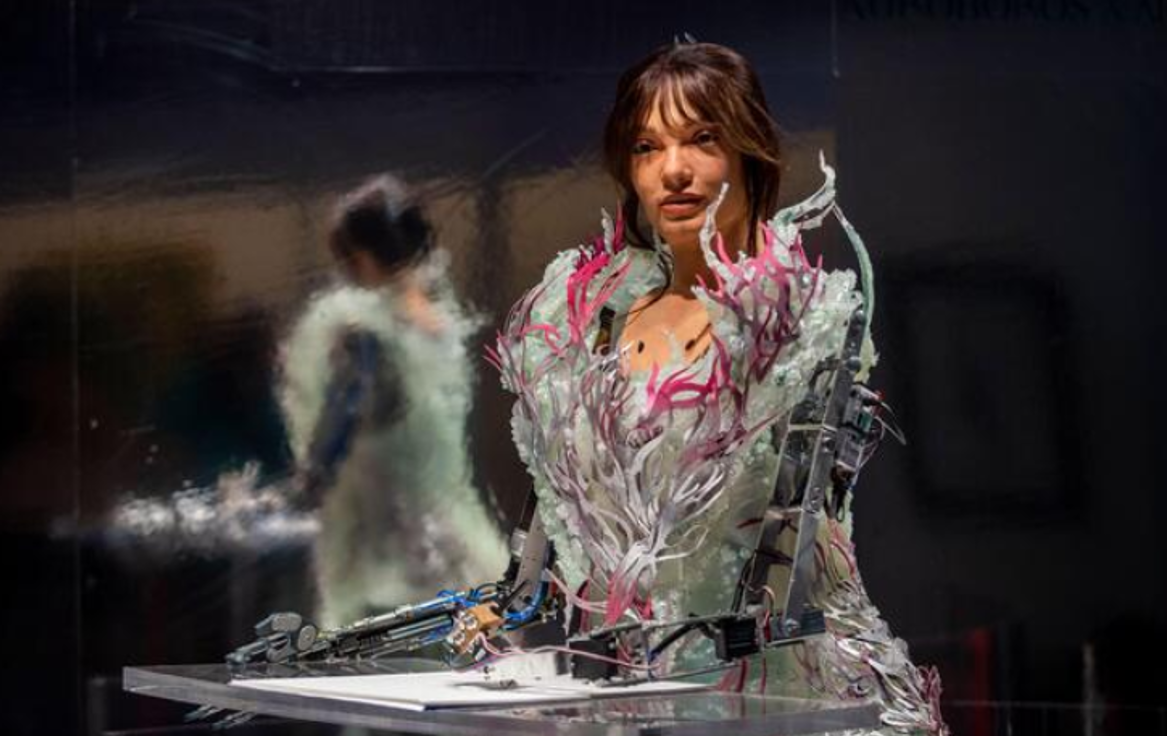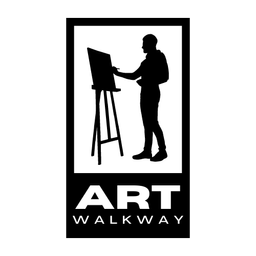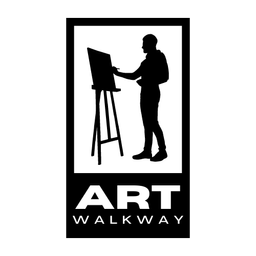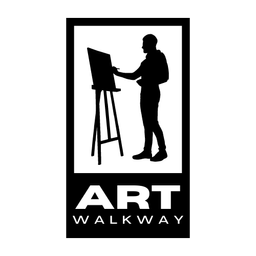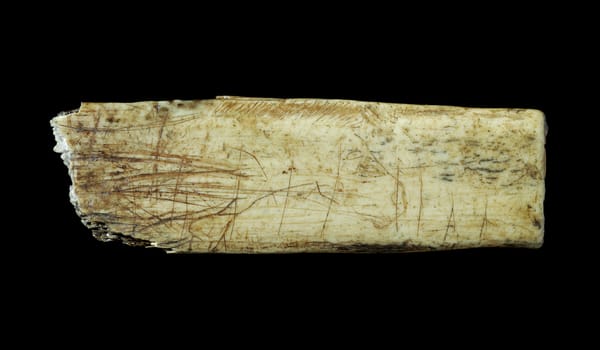AI Copyright War—Courts Say No, But the Market Says Yes
A U.S. appeals court has ruled that AI-generated works without human input cannot be copyrighted, delivering a major blow to the AI art industry. But as AI-generated artworks sell for millions at Christie’s, the legal battle over ownership is just beginning.

Washington, D.C.—March 18, 2025 — A federal appeals court has slammed the door on AI-generated copyright claims, ruling that works without human input cannot be copyrighted. This decision delivers a direct blow to the booming generative AI industry, raising major questions about the future of machine-made art.
The U.S. Court of Appeals for the District of Columbia Circuit upheld the U.S. Copyright Office’s rejection of a copyright claim for an AI-created artwork, reinforcing that human authorship is a legal requirement for copyright protection.
The case centered on Stephen Thaler, a Missouri-based computer scientist, who attempted to secure copyright for an artwork generated by his AI system, "DABUS." Thaler claimed his AI was "sentient" and capable of independent creativity—deserving legal protection as an author. But the court dismissed his argument.
"Because many of the Copyright Act’s provisions make sense only if an author is a human being, the best reading of the law is that human authorship is required," wrote Circuit Judge Patricia Millett in the unanimous decision.
A Blow to AI-Generated Creativity? Or Just the Beginning?
The ruling lands at a critical moment. AI art is already selling for millions. Just this month, Christie’s first AI-generated art auction defied controversy, exceeding its $600,000 estimate and raking in $728,784. Nearly 4,000 artists had protested the sale, arguing that AI art exploits human creativity. But with an 82% sell-through rate, the market is clearly moving forward—even as the law resists.
So, what happens now?
Thaler and his legal team plan to appeal, calling the decision a threat to innovation that will discourage investment in AI-driven creative industries. Meanwhile, the Copyright Office has already rejected claims from artists using AI tools like Midjourney, ruling that AI-assisted work still requires "substantial human involvement" to be eligible for protection.
The broader legal fight is just beginning. As AI tools advance, making it harder to distinguish between human and machine creativity, courts and lawmakers will have no choice but to rethink copyright laws.
For now, the message is clear:
🔥 AI may create—but only humans can own the art. 🔥
ART Walkway News
More Stories:
